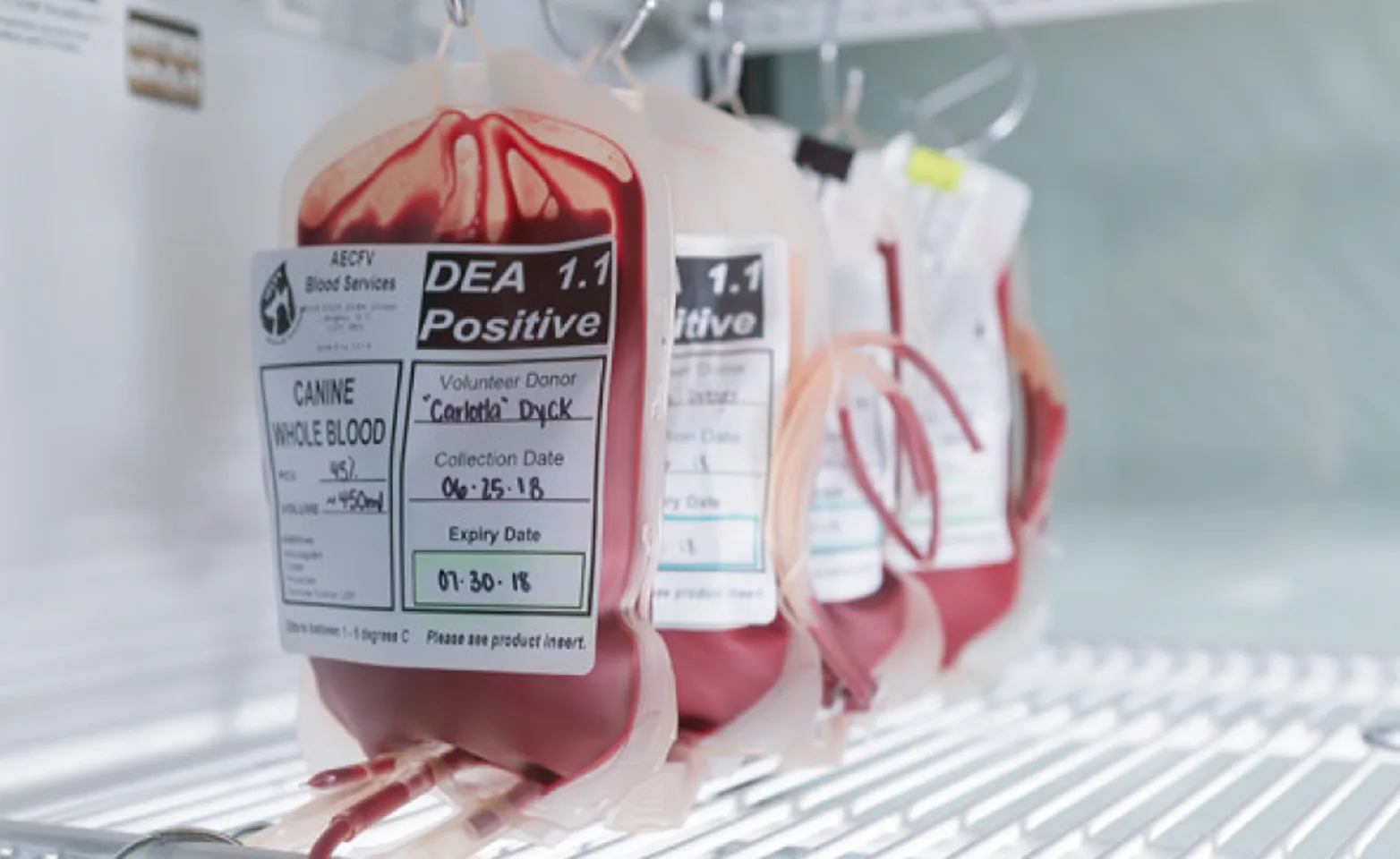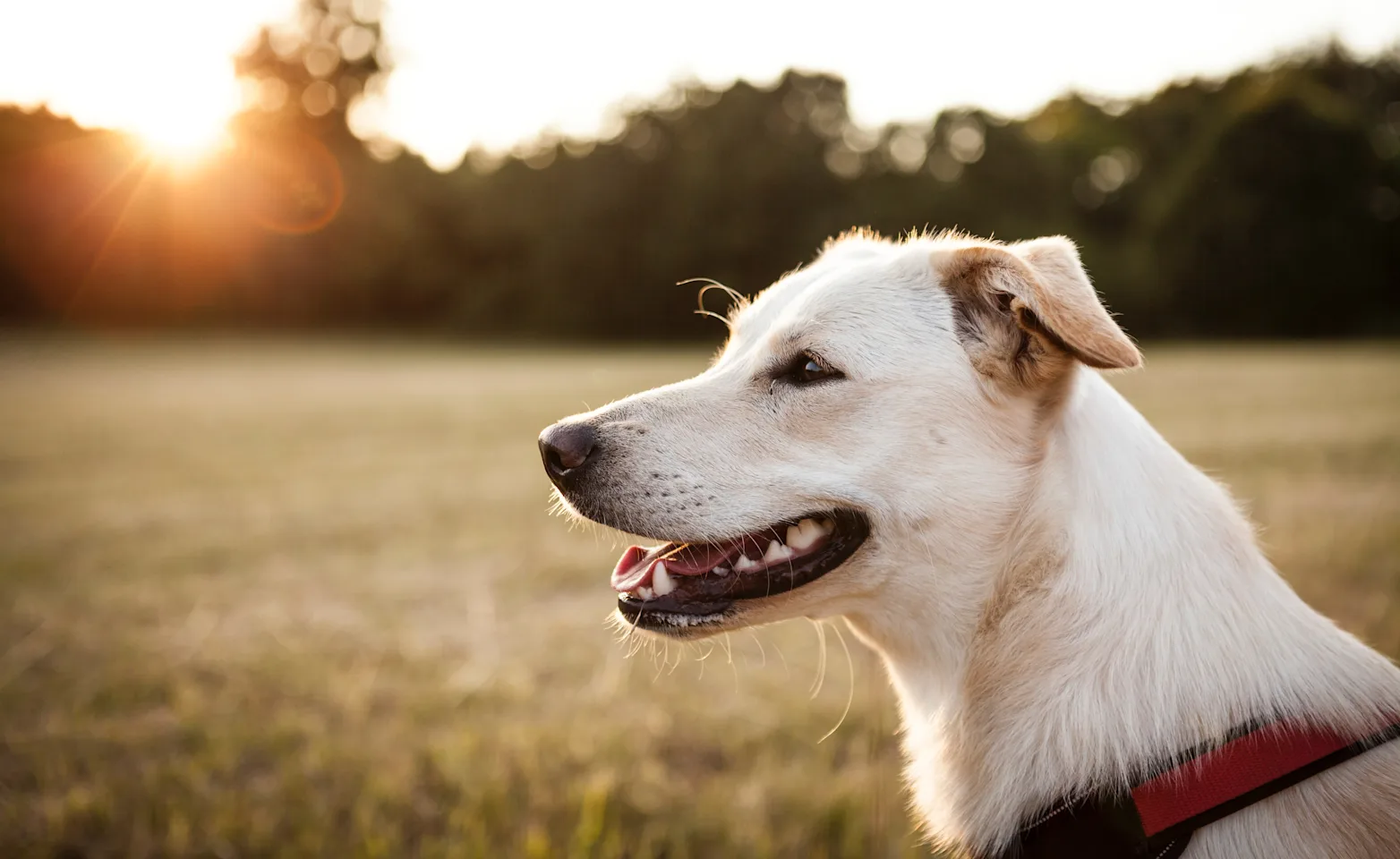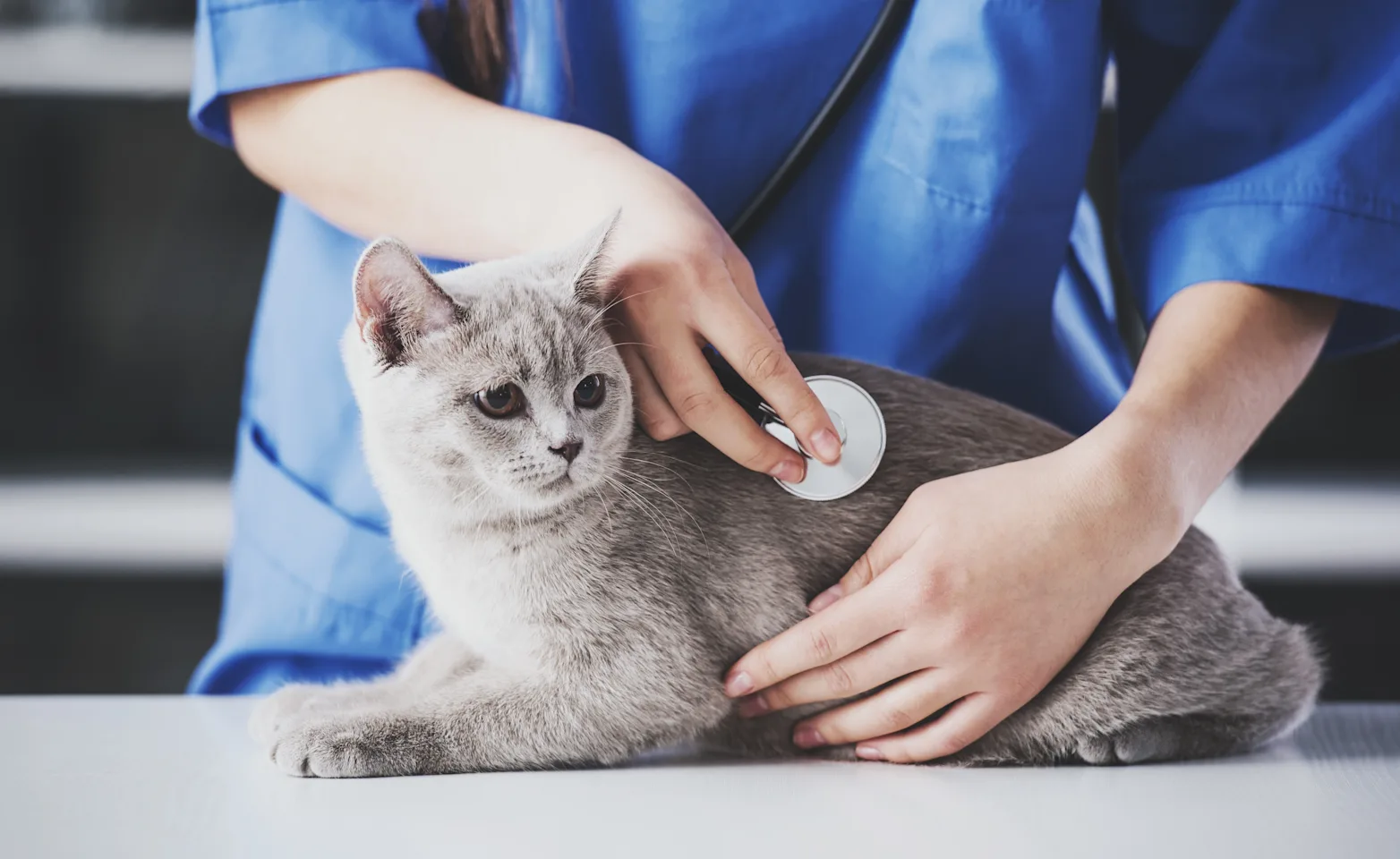Animal Emergency Clinic of the Fraser Valley
The Need for Donors
As an emergency hospital, we have witnessed firsthand how essential blood transfusions are for the recovery of pets facing serious illness or trauma. Since the launch of our Blood Donor Program over 20 years ago, we have been deeply grateful for the steadfast support of donor animals and their families, whose generosity helps us provide life-saving blood products to pets in need.
Largest blood bank in BC
While some hospitals accept blood donations for their own patients, when those clinics run out of blood, they turn to a blood bank like ours. As the largest and most established blood bank in BC, we collect donations not only for our own use but also to supply most of the major specialty and emergency hospitals in the Lower Mainland with the blood products they need. Our experience and advanced equipment allow us to produce all of our blood products in-house, and our extensive donor pool helps us maintain a fresh supply for both our patients and the other clinics that rely on us.
For more information about our blood donor program, please email us. For answers to frequently asked questions, please visit our Blood Donor FAQs.

How We Say Thank You
As a token of our appreciation for your pet’s life-saving donation, you will receive a gift card of your choice after each donation, and your pet will enjoy treats donated by Bark and Fitz Langley and JD Farms.
We conduct regular blood tests to monitor the health of our donors at no cost to you. If your donor pet ever requires emergency care, we will waive the standard emergency fee, and there will be no charge for a blood transfusion if needed.

Canine Criteria
Must be between the ages of 1 and 6 yrs old to enter the program
Body weight greater than 50 lbs
Good physical condition and temperament
No previous transfusions
Heartworm negative
Packed cell volume greater than 40 percent
Preferably spayed or neutered
We ask that owners of qualified dogs feed their pet premium quality dry or canned food (no raw diets please). We also ask that while you’re in the program your pet stays current on flea/deworming as well as vaccines.

Feline Criteria
Must be between the ages of 1 and 4 yrs old to enter the program
Body weight greater than 8 lbs
Good physical condition and temperament
No previous transfusions
Indoor cat
Packed cell volume greater than 35 percent
FeLV, FIV, Mycoplasma Hemofelis negative
Spayed or neutered
We ask that owners of qualified cats feed their pet premium quality dry or canned food. We also ask that while you’re in the program your pet stays current on flea/deworming as well as vaccines.
What happens during the blood donation process?
We strive to make our donation process a fun, stress-free experience for both you and your pet. This is why we only accept animals with a friendly, cooperative temperament into the program. We always take time to socialize with your pet and feed treats if their diet allows. We want our donors to be excited to come in and see us!
Before every donation your pet will receive a physical assessment to make sure they are healthy enough to donate. All cats and some dogs will receive sedation to ensure they can safely lie on their side on a raised table for about 15 minutes for the blood collection. We must shave a small patch of fur on their neck and then we collect blood from the jugular vein using sterile technique. We’ll put a neck bandage on that you can remove at home about an hour after the appointment. Once the donation is complete, donors are fed a tasty snack and sent home with treats for themselves and a gift card for their owner. The entire appointment usually takes 30-60 minutes.
Is there any preparation or after-care required when my pet donates blood?
Your pet may eat/drink/play as normal prior to their donation. Approximately one hour after your pet’s appointment, you will have to take off their neck bandage. Sometimes there may be a bruise or minor irritation at the shaved site where we took blood. We ask that you monitor this site for any irritation or swelling over the next few days. Most animals feel completely normal after donating but if we used sedation during blood collection your pet might feel a bit drowsy. They can eat and drink as usual, but for the first 24 hours after their donation, pets should avoid bathing, swimming, or heavy exercise. All our donors are usually back to normal by the next day!
How often can my pet donate? How much blood is taken?
Donations are scheduled every 12 weeks. The volume of blood we take depends on the weight of the animal. Cats typically donate about 50 mL, dogs between 30-50 lb. donate about 250 mL, and dogs more than 50 lb. can donate about 450 mL.
Is it safe for my pet to donate blood? Does it hurt?
The ongoing safety of your pet is of the utmost importance to us which is why we have such specific donor criteria. We also run routine blood tests to monitor the health of our donors at no charge to you. Most animals do not react to the needle or blood loss during collection. If a donor is more sensitive to the needle, we can apply a topical anesthetic agent to the skin to prevent discomfort.
Why are the screening criteria so strict?
Safety! We strive to ensure the safety of our blood products and donors. Most of our screening criteria (such as weight and age) are in place for this reason. Animals may be turned away if they have certain medical conditions (cancer, diabetes, epilepsy, kidney disease, anemia, etc.), are fed a raw diet, or have previously received blood or plasma transfusions. This is to ensure the safety of the donor, recipient, and blood product. We also do not allow aggressive or fearful animals to donate blood for the safety of our team and the pet. We believe it is unfair to the animal and want them to be willing to volunteer.
What happens during the donor screening process?
Donor screenings usually take about 30 minutes. One of our blood services team members will meet with you and your animal to collect information about their health history, diet, vaccine status, etc. Your pet is then given a brief physical exam and temperament test to ensure they are a good fit. If your pet is amicable, we will collect a small sample of blood and run a test in-house to determine their blood type. Blood, urine, and fecal samples are then sent to the veterinary diagnostic lab for further testing. All of the testing is done at no charge to you!
Once we receive the lab results and your pet is deemed healthy and appropriate to donate, we will schedule a donation appointment. If the lab results reveal underlying health issues (such as urinary tract infections or fecal parasites), we suggest you follow up with your regular veterinarian for treatment before your pet can begin donating. If we find a more serious health condition, your pet will not be able to donate for their safety and the safety of our blood products.
How is the blood used? Why do pets need blood transfusions?
Blood is made up of two main components: the red blood cells, and the plasma fluid in which the red blood cells are suspended. We can use the whole blood or separate it into two components for other specialized uses. We not only use these blood products for our patients, but we also provide them to other veterinary clinics when their patients need them. Sometimes we use the blood right away, but it can also be stored for unexpected emergencies. There are a lot of reasons that a pet may require a blood or plasma transfusion including blood loss caused by trauma like a car accident, diseases like cancer, parvovirus, sepsis, bleeding disorders, and toxin ingestions. In many cases, the probability of survival is greatly increased if blood products are available.
Do dogs and cats have blood types?
Yes! Dogs and cats do have blood types.
Dog blood types are based on the presence or absence of antigens (DEA – Dog Erythrocyte Antigen). When we test your dog’s blood type, we test whether they are positive or negative for the antigen DEA 1.1. This antigen is the one most responsible for causing severe transfusion reactions. Most dogs are DEA 1.1 positive, which means they can both donate to and receive blood from dogs that are also positive for this antigen. Dogs that are DEA 1.1 negative are loosely called universal donors because they can donate to dogs that are either positive or negative for the DEA 1 antigen. However, they can only receive blood from another negative donor. We have both positive and negative donors in our program.
Cats also have blood types that are based on the presence of antigens (FEA – Feline Erythrocyte Antigen). Cats are typed A, B, or rarely, AB. Most cats naturally have antibodies against the blood type that they do not have, which means a Type A cat cannot receive Type B blood and vice versa. There is no universal cat blood type, so we need Type A and Type B donors.
Why is raw feeding not permitted?
Raw diets consist of food like eggs and meat that have not been cooked to remove potentially harmful bacteria. Because our blood products are often given to immune-suppressed animals, we do not take any risks of exposing them to additional germs (we even wear protective equipment when caring for these patients in our hospital).

